Before I get into the criticism, let me state that I think Ethereum community is an amazing collective of talented, smart and interesting people. If there is reason for optimism in the current period of uncertainty - it is the ability of the community to pull together and come up with ingenious solutions and workarounds.
However, what I am observing on Crypto Twitter and on Reddit is giving me some grounds to be concerned and even worried. I hope you don't just dismiss this as "another FUD post", but think about the issues and how they are best mitigated.
- 1) A false sense of entitlement.
Yes, Ethereum as a technology is amazing - it has powered "DeFi" (quotations necessary unfortunately), NFTs, DAOs, ICOs and many other cool projects. However, there is nothing deterministic about its future - it is not guaranteed to succeed just because it has succeeded in the past. Nothing should be taken for granted - certainly not its success as an ecosystem post-Merge given all of the newly discovered attack vectors.
The move to POS is complex and it has never gone completey without some major or minor kinks in a completely non-adversarial environment. What happens in a really contentious and highly adversarial environment? No one knows - not really, because it is hard to test how things will play out when billions of dollars are at stake. Goerli can't help you with that.
Bottom line on this point - while there has been adequate testing of a purely technical kind, there seems to be no real time devoted to various adversarial scenarios that are extremely likely to play out in the very near future. Some people have proposed UASF as an option for removing censoring entities from the network. Shouldn't there be a EIP around this? Shouldn't we test how this might work and that it is actually doable? Or are we going to be "testing in production"?
- 2) Not enough emphasis on adversarial nature of money.
This is unfortunately very much in the spirit of the Ethereum's culture of rainbows and unicorns, inclusivity and openness - which are both some of its core strengths, but also sources of some of its most glaring weaknesses. The current issues we are facing with Tornado Cash and with Aztec and with uncertainty around large validators - all of it stems from Ethereum's philosophy of assuming cooperation as the default mode vs. confrontation which is the real mode. The same criticism can be leveled at Bitcoin and Satoshi - the fact that Bitcoin does not have fully private transactions creates the same pain points of non-fungibility and potential censorship.
Anyway, Ethereum community seems undecided about whether it values "warm and fuzziness" over resilience and potential confrontation with state-level players. I feel like this is one of the major reasons why developers have not promulgated a culture of anonymity and tight OpSec. This is why we have not developed best practices for decentralized development. This is why we have not emphasized "unstoppable code" and decentralized UIs.
The assumption that regulators are going to play nice because Eth has a cute unicorn on its website has probably been disproven in these past few weeks, no? And yet there is still a large constituency of folks who want Ethereum to be a "regulated" blockchain.
Folks, if that is what you want - build a freakin' database in AWS, issue "digital tokens" and call it a day. You don't need blockchain for NFTs and "DeFi", if all you want is "digital tokens" to speculate on. Blockchains don't make any sense, unless you are trying to reach permissionless global consensus without trust - i.e. you are in an adversarial environment.
Over and over again I see the same attitude of "let's hope for the best", and "we are all friends here, right?" People, when money is involved, it is always adversarial. You just can't trust some weak antics from Brian Armstrong or Stani Kulechev and, in any case, if the fate of Ethereum depends on what a few CEOs are or aren't going to do, the battle is already lost. This is not decentralization, it is the opposite of that.
- 3) Lack of a clearly articulated emphasis on privacy and decentralization as CORE VALUES of Ethereum.
From ethereum.org website:
"Ethereum is a technology for building apps and organizations, holding assets, transacting and communicating without being controlled by a central authority. There is no need to hand over all your personal details to use Ethereum - you keep control of your own data and what is being shared."
Despite this pretty clearly stated thesis, the community does not seem altogether sold on this in practice. Why is it that Lido still controls an overwhelming % of validator voting power? It is because in reality, way too many in the community do not value decentralization above convenience and easy profit margin. Why do the Krakens, FTXs and Coinbases of the world have enough ETH on their books to become a censorship threat in the first place? It is because the community has not stressed enough that without decentralization the marginal 10% yield is meaningless and self-serving.
The same is true of privacy. Many have replied to a previous post of mine ("Are we just going to cry about it?") by saying that TC was a "bad app" because it was a perfect tool for ML and criminals.
Why is this spurious objection given any validity in the Ethereum community at all? Is it wrong for me to use cash to avoid being tracked? Is it wrong for Internet users to use Tor and VPN?
It is pretty obvious that privacy as a core fundamental value has not been given enough emphasis - at least less emphasis than "Number go up" initiatives.Now that Merge is nearly here, people are scrambling to understand why it is that potential privacy via TC or Aztec or some other L2 tech can become non-viable due to censorship from MEV flashbots, CEX validators and similar "shoot-yourself-in-the-foot" clusterfucks that seemingly came out of nowhere, when they should have been seen a mile away.
Ethereum without privacy is not just useless - it is worse than useless, it is evil because it helps usher the dystopian world of governments and corporations turning everyone into their vassals - not in a metaphorical sense, but in a very real "we'll knock your doors down and put you in prison if you don't comply with OFAC" kind of way.
Summary: while I am not suggesting delaying the Merge, I think the remaining time before the planned Merge date should be used to create social consensus around the values of privacy, censorship-resistance and decentralization. Communicating this to the industry leaders is necessary but not sufficient. These core values should be expressed at the protocol layer - in one way or another. Ethereum should be able to withstand bad faith actors and attacks from regulated entities - at the protocol layer. If that is not planned for and and executed on very soon, there is a very real chance that post-Merge Ethereum will become a "regulated financial platform" - no different than your JPMorgan or HSBC.
[link] [comments]

You can get bonuses upto $100 FREE BONUS when you:
💰 Install these recommended apps:
💲 SocialGood - 100% Crypto Back on Everyday Shopping
💲 xPortal - The DeFi For The Next Billion
💲 CryptoTab Browser - Lightweight, fast, and ready to mine!
💰 Register on these recommended exchanges:
🟡 Binance🟡 Bitfinex🟡 Bitmart🟡 Bittrex🟡 Bitget
🟡 CoinEx🟡 Crypto.com🟡 Gate.io🟡 Huobi🟡 Kucoin.
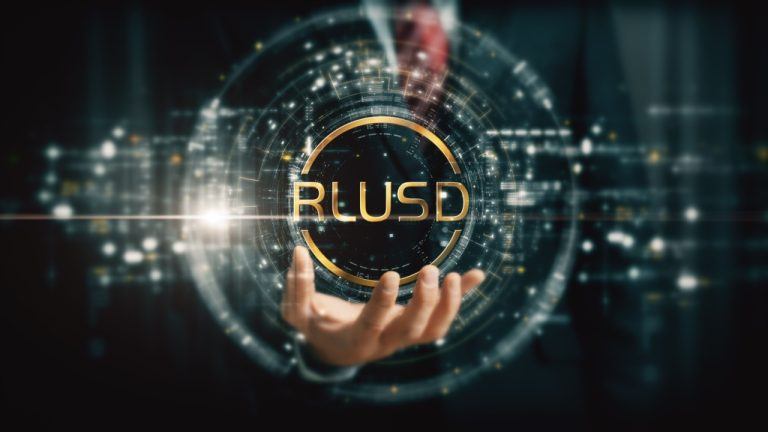


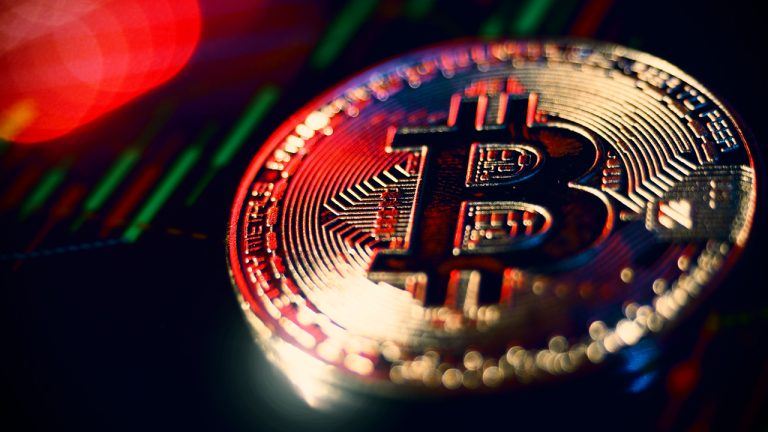
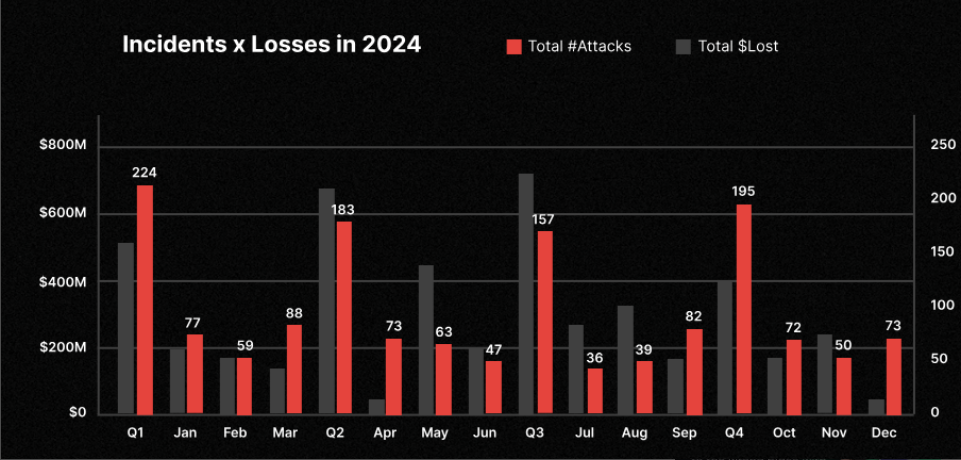
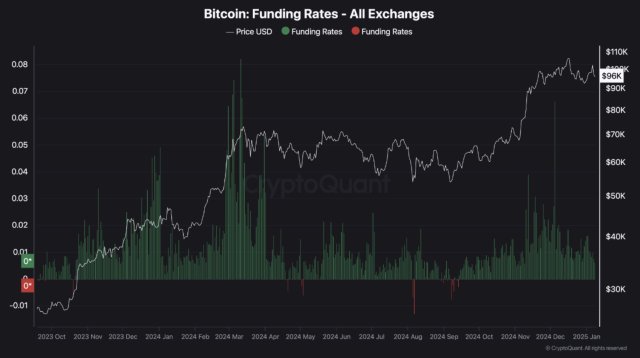




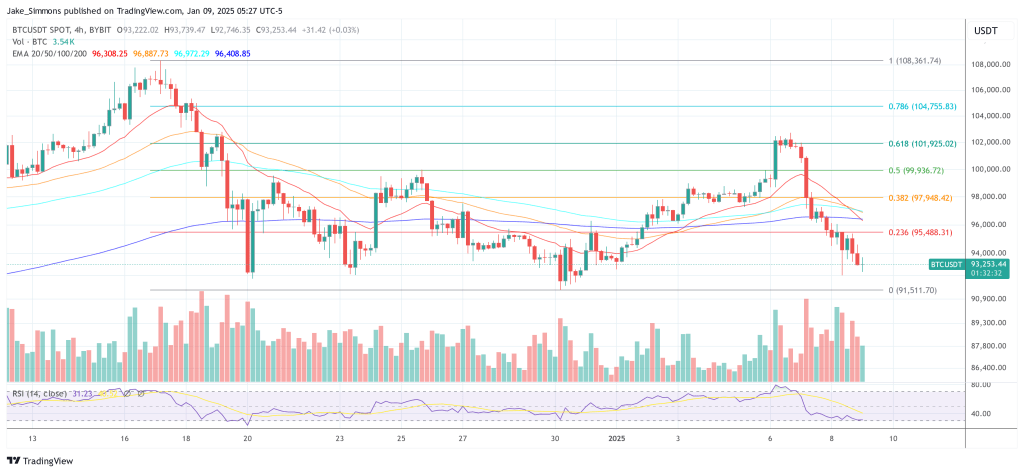
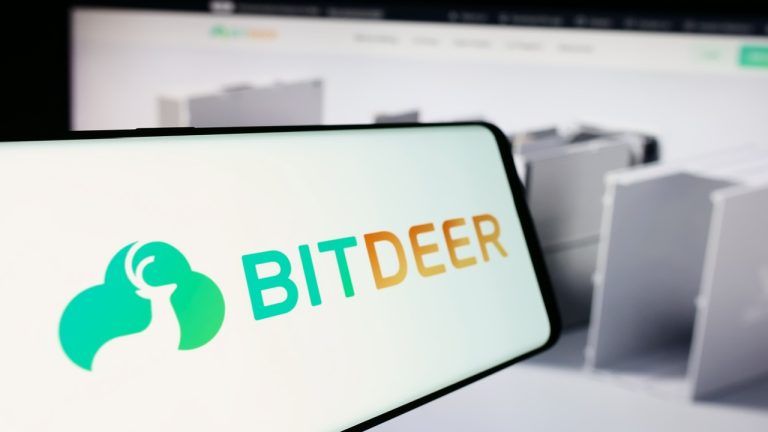

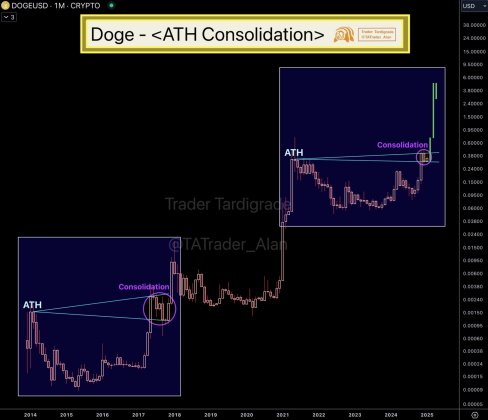
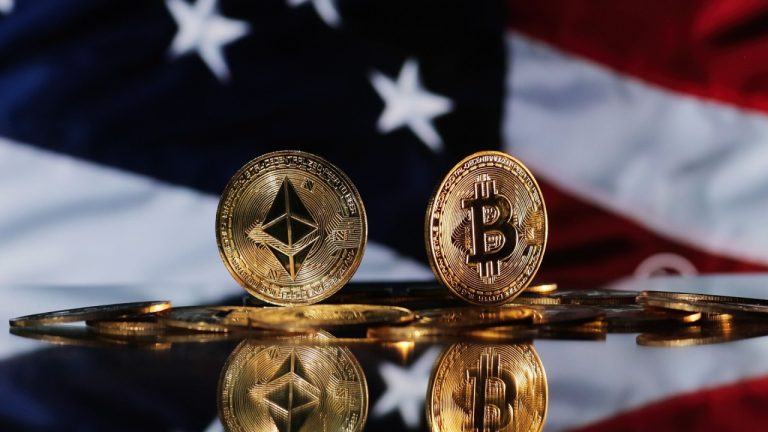

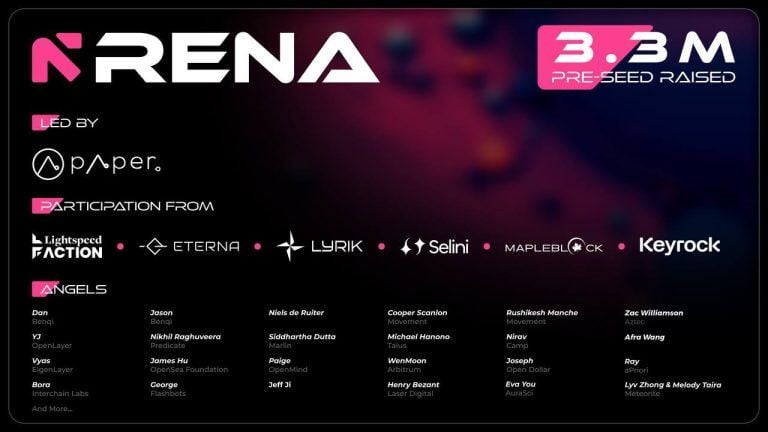
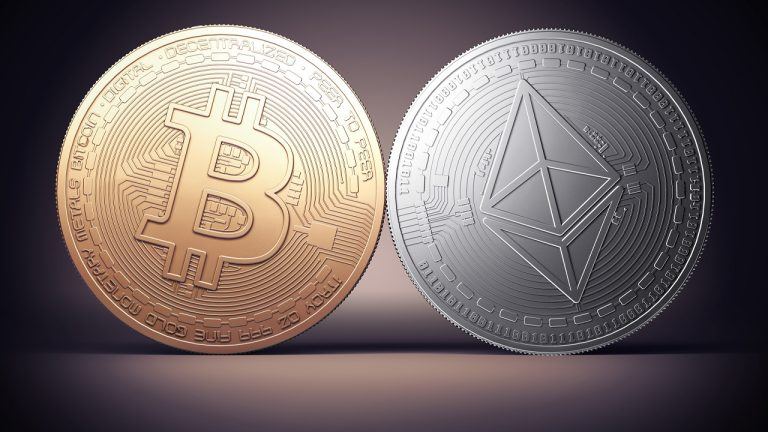

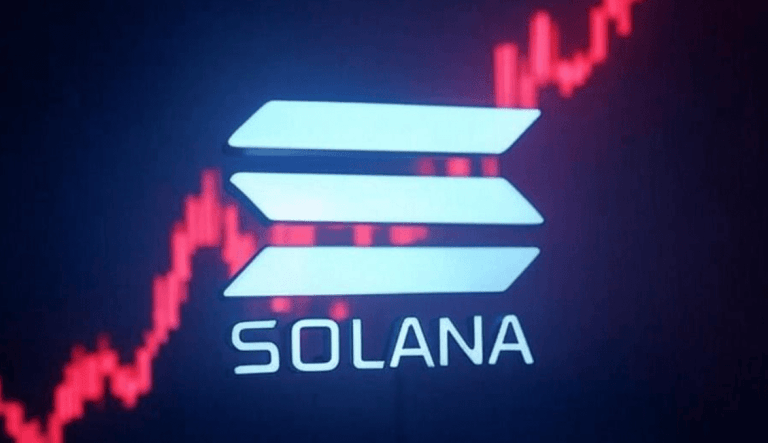
Comments